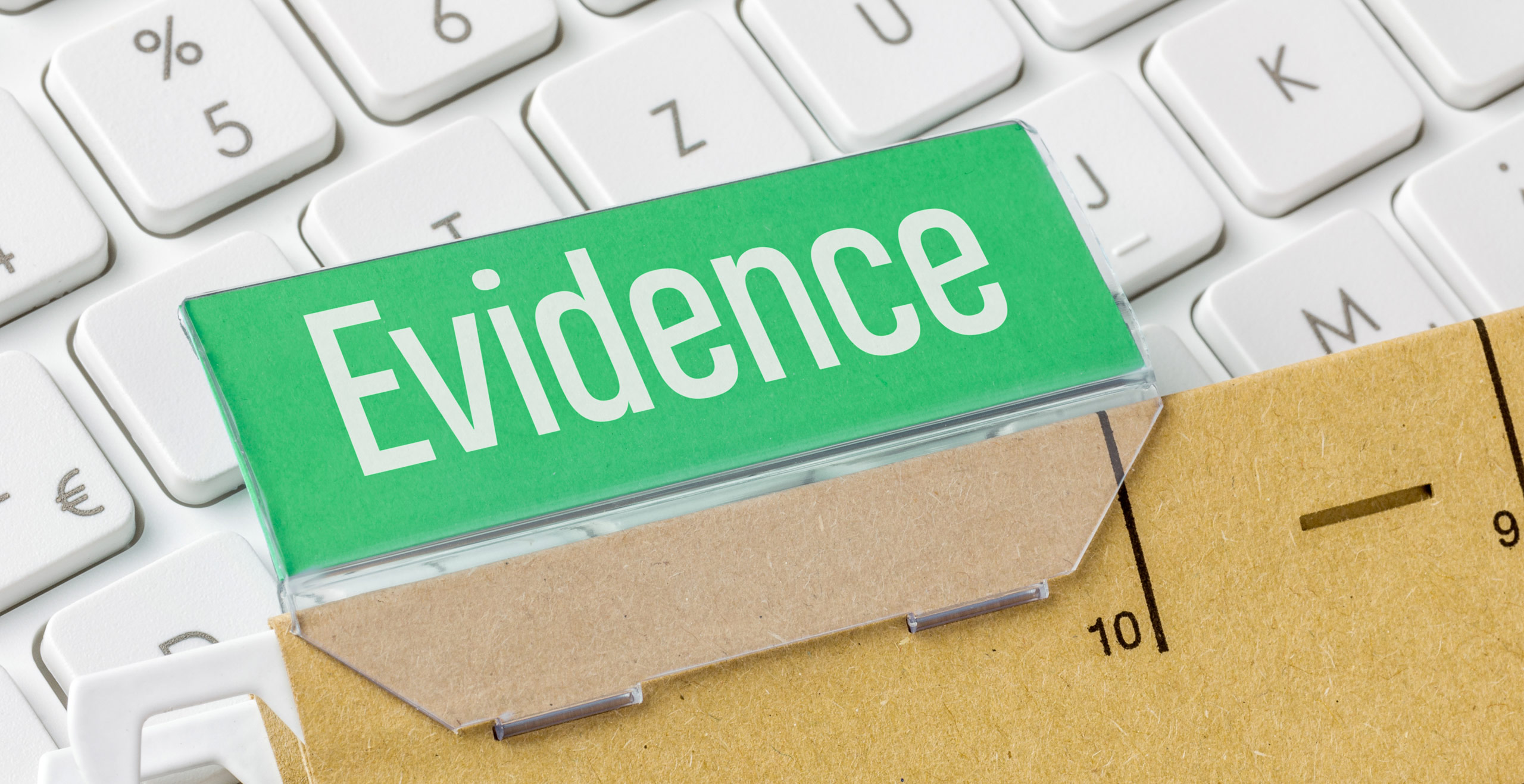Strategies for Dealing with “Smoking Gun” Evidence
By Matthew Kops, Ph.D. | Blueprint Trial Consulting
While working on a contract dispute, as is often the case, there was a particular piece of evidence – an email – that the client was concerned about and that they believed the plaintiff would focus on at trial. We conducted a mock trial and jurors were split on the verdict. Interestingly, the email was not discussed by either plaintiff or defense jurors.
During the presentation of the findings for the mock exercise, when evaluating the importance of the email for jurors’ verdicts, we had a lengthy strategy discussion about the best way to explain this email. The Defendant’s explanations for the email were quite involved. At some point, we pointed out that the email, while needing a response, should not be focused on at trial. The reasoning was that it had not impacted defense jurors’ views; they did not perceive the email as an obstacle or issue finding for the Defendant. Even Plaintiff jurors did not rely on the email; it did not drive, or underlie, their decision-making.
When jurors siding with one party do not have issues with an allegedly bad piece of evidence, it becomes important to treat that evidence, to the extent possible, as a non-issue at trial. While attempting to develop and present arguments to explain such allegedly bad evidence, doing so can be dangerous. It can focus jurors on that evidence that they were not otherwise considering and undermine that party’s overall story.
Focusing on such evidence can suggest that the party is concerned about it. This can be problematic if jurors who like that party’s case do not consider the evidence important. Defense jurors for whom the evidence would have otherwise been a non-issue might now be left wondering why emphasis was put on it. It might lead them to wonder if the other side’s claims are valid. Plaintiff jurors may then be more inclined to use this evidence during their deliberations to explain why the opposing counsel should prevail. They can argue that if the evidence was not important or relevant, the defendant would not have spent a great deal of time providing an explanation for it at trial.
It is common to have evidence that appears particularly bad for a party’s case, whether it be a specific email, a collection of emails, witness testimony, wording in a contract, an event, or any other potential case vulnerability. No case is perfect. Our above example demonstrates that what may seem like bad evidence in a case is not necessarily what jurors will focus on or even notice. Now, this is distinctly not meant to suggest that a party will win their case if jurors do not care about some bit of evidence that party thought was bad for them. This suggests that jurors hear and think about cases from very different perspectives than the attorneys working on them.
This example highlights the value of jury research. Jury research focuses on identifying the drivers of juror decision-making and developing strategies and themes to build and strengthen a case story for trial. It can help tap into the reasoning, attitudes, and beliefs jurors will use to assess a case in developing case strategy. Jury research can help determine whether the evidence that we may consider “bad evidence” is actually bad evidence and, if so, determine the best strategic approach to deal with it.
Getting a sense of how people will react to evidence within the context of the entire dispute is the key.
- Does the alleged bad evidence play any role in driving juror decision-making and, if yes, how?
- If jurors find against a party and the bad evidence does not play a role in their thinking, what reasoning drives their verdict decisions?
- What is the actual bad evidence, arguments, or witnesses in their minds?
- If jurors find for a party and do not care about alleged bad evidence, what reasoning led them to their verdict?
- Why don’t they care about the allegedly bad evidence?
- What information do they use for their verdict decisions?
Answering these questions through jury research will help shape 1) the overall case story and themes that should be used at trial during opening statements, witness testimony and closing arguments as well as 2) how supposedly bad evidence should be addressed.



